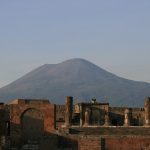 On August 24, 79 CE, Mount Vesuvius, a stratovolcano in Italy, began erupting in one of the deadliest volcanic events ever recorded in Europe. For nearly two days, a violent cloud of hot gas and ash spewed out of the volcano’s main vent, blanketing the surrounding cities of Pompeii & Herculaneum in leathly hot volcanic material.
On August 24, 79 CE, Mount Vesuvius, a stratovolcano in Italy, began erupting in one of the deadliest volcanic events ever recorded in Europe. For nearly two days, a violent cloud of hot gas and ash spewed out of the volcano’s main vent, blanketing the surrounding cities of Pompeii & Herculaneum in leathly hot volcanic material.
In order to pay tribute to this historic event and highlight the powerful nature of the volcanoes along the west coast of North America (some near the PME!), we sat down with a few of our volcanology colleagues at the University of British Columbia to hear more about their research and why it’s so important to study why, when, and how these volcanoes erupt!
Dr. Kirsten Hodge
Kirsten Hodge is a volcanologist and science educator. She is currently the Director of the Pacific Museum of Earth (PME), one of the University of British Columbia’s main outreach hubs. At the PME, she oversees how the museum engages, excites, and educates the UBC community as well as local youth and teachers. Her work at the PME provides a link between the fundamental science that shapes our planet (“how science works in general”) to topics that have environmental, economic, and societal importance (“why do we care?”). Her past research used experimental fluid dynamics to understand how magma moves and mixes below volcanoes. Broadly speaking, her work aimed to understand the fundamental physics of the transport of material into, within, and out of magma reservoirs. The goal of this work was to unravel the dynamic processes that occur below volcanoes prior to eruption and understand how plutonic rocks exposed at Earth’s surface preserve these time-dependent processes. Kirsten’s works contributes to our understanding of fundamental geologic processes such as continental crust formation, magma chamber growth, and volcanic eruption triggers.
Colin Rowell
Colin Rowell is a PhD Candidate at the University of British Columbia working with Prof. Mark Jellinek, researching explosive volcanic eruptions and their interaction with the Earth’s atmosphere, ice sheets, and climate system. In particular, he studies how conditions at the eruption source govern where and how ash and climate-altering gases are delivered into the atmosphere. Outside of research, he teaches topics in climate change and climate science as an interdisciplinary guest lecturer.
Sophie Leiter
Sophie is a MSc student in geology at the University of British Columbia. Her current research broadly focuses on volcanoes that erupt under ice, and more specifically examines the formation of the alteration product palagonite. She did her undergraduate studies at Middlebury College in Vermont, where she conducted research on cinder cone volcanism in the Cascades. She is interested in the use of volcanic records in paleoclimate reconstruction as well as they ways that volcanoes can force climatic changes. During quarantine, in addition to continuing research, she is learning to be marginally better at playing the mandolin.
